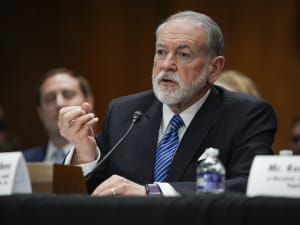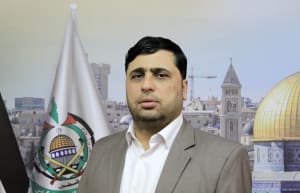Oct 7 survivor urges Trump, Evangelicals to help finalize deal to get all hostages back before time runs out
Amir Tibon of Nahal Oz urges Trump to say, ‘Let's do this deal now, let's get these people out alive now’
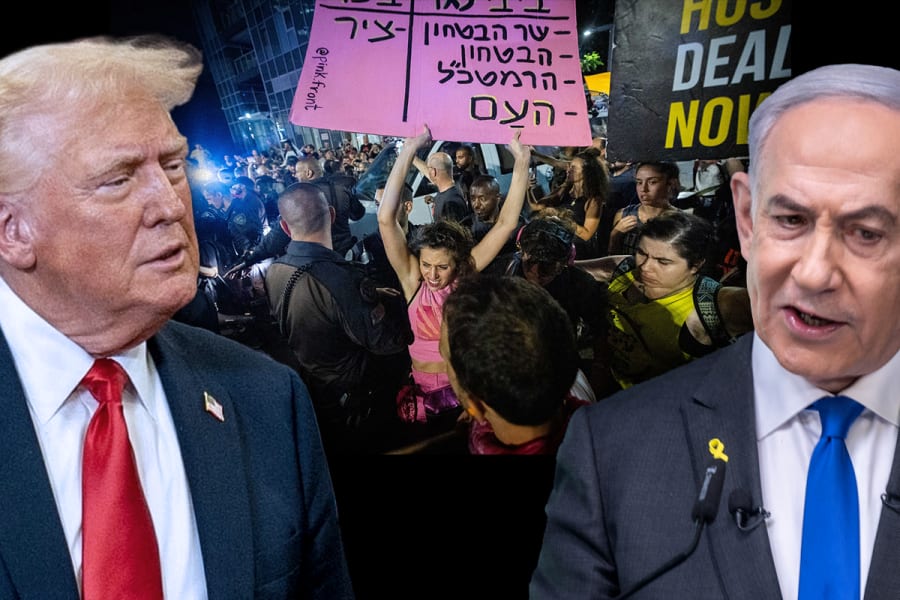
KIBBUTZ NAHAL OZ, ISRAEL – On the morning of Saturday, October 7th, 2023, Amir Tibon, his wife, Miri, and their two young daughters were sleeping peacefully in their home.
It was a beautiful, peaceful Fall morning – a Sabbath, a holiday, Simchat Torah, in which Jews celebrate God giving the Torah to Moses.
Later that day, all of the 400-plus residents of this kibbutz, the closest Israeli community to the Gaza border, were going to gather together to celebrate 70 years, since the community was founded shortly after Israel’s War of Independence in 1948.
But the peace of that day was shattered by a sudden and terrifying barrage of rockets, mortars, and then the invasion of hundreds of Hamas terrorists.
For ten harrowing hours, Amir and his young family – unarmed and defenseless – huddled behind the locked door of their safe room as they heard machine guns fire all around them and their neighbors being slaughtered.
Later, they would learn that several of their fellow kibbutz residents had been taken hostage by Hamas and dragged into the terror tunnels deep underneath the Gaza Strip.
Just weeks after that horrific day, Amir Tibon sat down with me for an exclusive, one-hour interview for ALL ISRAEL NEWS and THE ROSENBERG REPORT, my weekly TV show on TBN.
On Sept. 24, Tibon will release his new book, which I just finished reading: The Gates of Gaza: A Story of Betrayal, Survival, and Hope in Israel’s Border Lands.
Today, having just finished reading this fascinating and deeply moving saga, I came to Nahal Oz for the first time to sit down with Tibon and his father, Noam, a former high-ranking IDF general, who came to rescue his kids and grandkids from the evils of Hamas on Oct. 7.
I’ll share more about my full conversation with them soon.

Today, I want to highlight an important portion of our discussion.
Both Amir and Noam are grieving terribly – as are all Israelis – over the cold-blooded execution by Hamas of six Israeli hostages earlier this week.
Both are urging the Israeli government to finalize a deal to get all the hostages out of Gaza immediately.
They don’t want Israel to surrender to Hamas.
But they don’t believe the hostages have much time left – and they are adamant that Israel’s prime minister, government, and military have a moral obligation to do everything in their power to get every innocent Israeli, American, and foreign hostage out of Hamas’ wicked grip.
Amir told me he is grateful for all that U.S. President Joe Biden is doing to get a hostage deal done quickly.
He also told me he believes that former U.S. President Donald Trump – as well as American Evangelicals – could also play a critical role in persuading Prime Minister Benjamin Netanyahu to accept the deal that’s on the table right now and not add new requests that would complicate or scuttle such a deal.
“I think it would be incredibly powerful if we heard both President Biden and President Trump saying, ‘Let's do this deal now, let's get these people out alive now,’” Tibon told me.
“President Trump has said that some of the hostages are being killed by Hamas. He wasn't wrong. We just saw that happen.”
“Let's push for a deal now, Republicans and Democrats,” he said. “And also push Netanyahu a little bit. Yes, we need to push Hamas. We need to push Qatar. We need to push Egypt. Apparently, we also have to push the Israeli government on this issue.”
Tibon was referring to the fact that Netanyahu has insisted he will not agree to any deal if Israeli troops are required to leave the Philadelphi Corridor along the Egyptian-Gaza border, even for a few weeks.
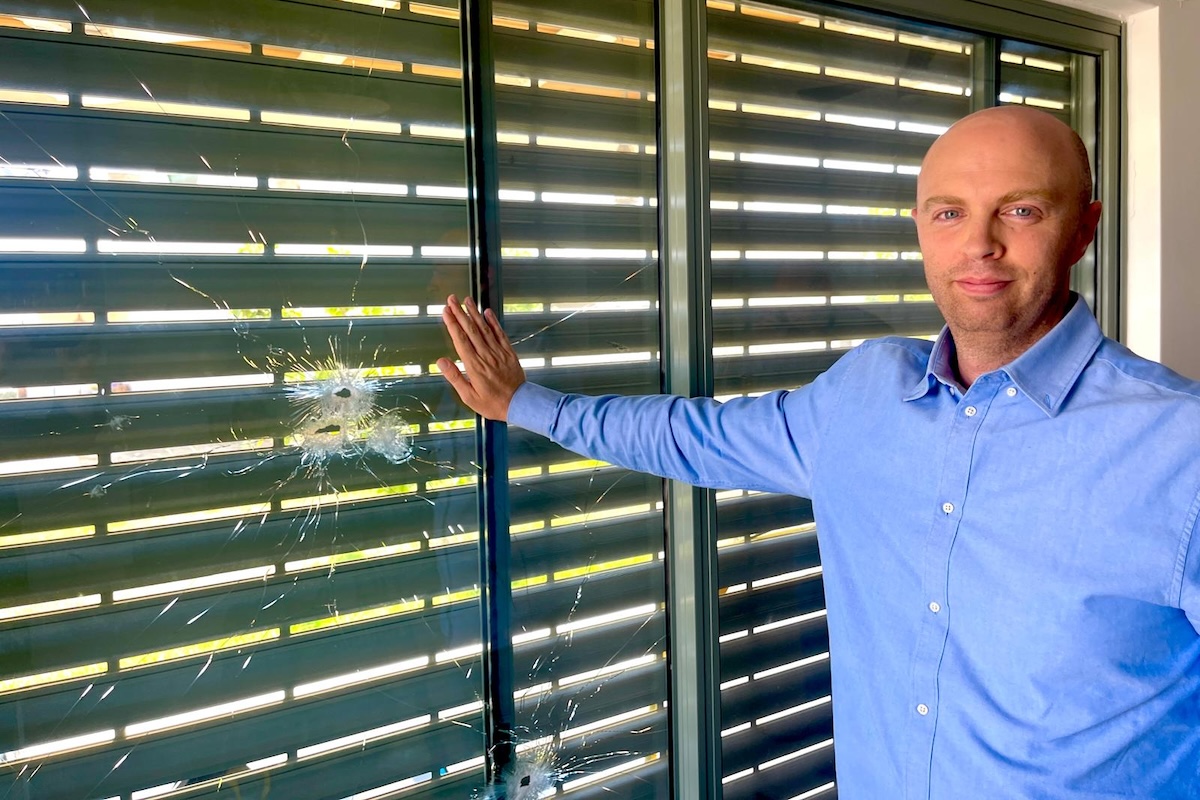
Here is a portion of our conversation, lightly edited for clarity.
JOEL ROSENBERG: Amir, thank you so much for letting me come to your home and talk about these issues. What's your message to Evangelicals? We're almost a year in these hostages. We've got 101 still in Gaza. We're not sure if they're all alive. But what's your message to Evangelicals? What should we be thinking and praying about right now?
AMIR TIBON: I think that for Evangelicals and people around the world who love the state of Israel, the most important priority right now should be, “How do we bring back the hostages?” It's important to understand, Joel. This is not just a humanitarian issue. It is a national security issue for the State of Israel right now. If we don't bring back these people from Gaza and we let them die suffering in the tunnels, it will tear apart Israeli society. It will cause a rift in our society ten times larger than the rift we experienced before October 7th, which played some part in Hamas’s decision to attack us because they saw we were divided and weak and used the opportunity.
ROSENBERG: Netanyahu, in his press conference Monday night said, “Look, I'm ready to make a deal. Nobody wants to make a deal more than me. But we cannot, under any circumstances, give up the Philadelphi line or corridor because this is Hamas’ oxygen line. This is their supply line. And if we leave, people can say and the army can tell me, ‘We'll go back [if we have to].’ But did we go back when we evacuated in 2005? No. It took 20 years, almost.
TIBON: Who was the prime minister for 15 of those 20 years, Joel? This is the problem here because he had every opportunity if he wanted to detach Hamas from the Philadelphi corridor. He didn't do it in the 2012 war when he was prime minister. He didn't do it in the 2014 war when he was prime minister. He didn't do it in any of the operations against Hamas that we fought during his time in office. And even in this war, it took him eight months to give the military the order to take over the Philadelphia Corridor, which could have been done on Day One of the war.
ROSENBERG: Your point being – I just want to make sure I'm understanding it – meaning, it's important but it's not the most important, otherwise it would have been dealt with sooner and decisively.
TIBON: First of all, if this was the most important thing in the world it should have been done years earlier. But of course, it's not. It's important. But when you look at the strategic picture, holding on to Philadelphi right now, if it means no hostage deal, it means three things.
Point number one: The hostages die suffering in the tunnels, and Israeli society is torn apart and the foundations of the state of Israel, the moral foundations of this country, collapse. This is a huge national security risk, much larger than anything associated with not controlling Philadelphi, which includes risk. I'm not downplaying it. But the risk of the moral and societal collapse that we will experience if these people who were abducted from their beds, if these brave female soldiers – the intelligence spotters who warned about the war and then were kidnapped – if they die, suffering the tunnels this is a national security risk to our country. This will cause, I don't want to say irreparable, but terrible damage to Israeli society and to Israeli resilience. That's point number one.
Point number two: Our soldiers will be sitting ducks there. The Philadelphi corridor is not the Mississippi River. It's a very, very narrow strip of border where you have hostile people on one side – Hamas and the local population that hates you, and semi-hostile people on the other side. A lot of, you know, it's the Sinai, it's under control of Egypt, but there are gangs there and all kinds of armed groups. Our soldiers will become sitting ducks if they just sit there in outposts and look over the border.
And point number three: We will not have enough forces to start taking care of the North. The Israeli border with Lebanon has been empty [of civilians] for a year now. Hezbollah is firing at our communities every day. And we are basically stuck in a situation where, because we are not closing the deal in Gaza, we cannot shift our focus to the bigger enemy, which is Hezbollah and Iran.
Those are the three main reasons why we have to do it now. We want to save the hostages and with them save Israeli society from a terrible collapse and crisis. We want to have a situation where we can attack Hamas along the Philadelphi corridor, go in and out like we do in Jenin, like we do in Nablus, but don't have static forces that are just sitting there waiting to be shot at by snipers. And we want to focus our forces on the bigger story in the North.
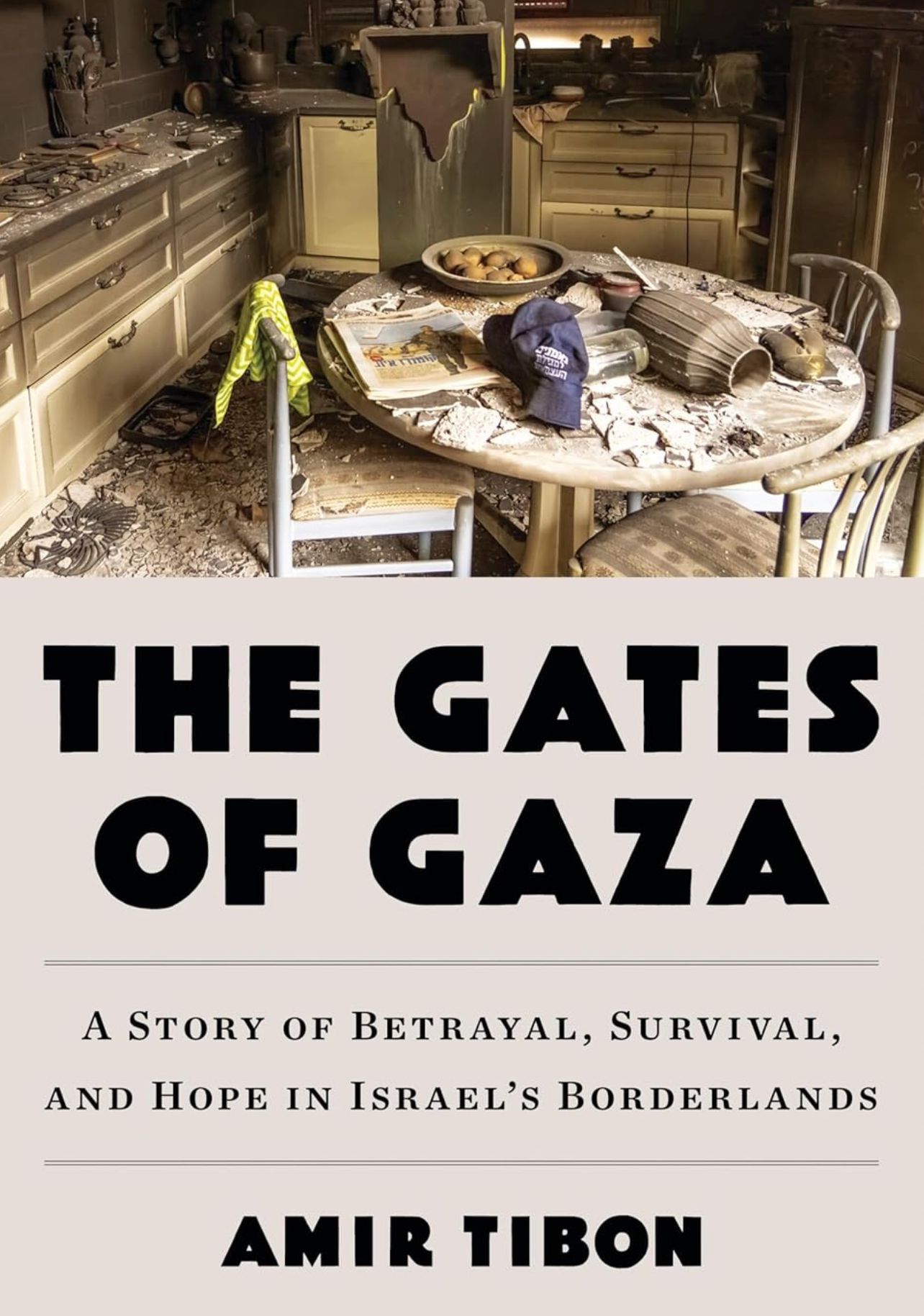
ROSENBERG: Okay. Two quick last questions. You know, Hersh Goldberg-Polin’s family. You were actually talking to Hersh's father on Saturday night when the news started to break.
TIBON: Two hours before they got the terrible news.
ROSENBERG: And you didn't even believe it when you heard the news because you're like, “I just talked to his father and his father didn't say anything.” How are they doing?
TIBON: I actually got a message from his sister and his father a short time ago and, you know, thanking me for something I wrote about this special, powerful, incredible family.
And I want to talk to Americans now, of all political stripes and of all religions, Republicans and Democrats, Evangelicals and Jews, and others. If you want to really honor Hersh Goldberg and his family, listen to his parents. Because his parents are not asking to hold on to Philadelphi at all costs, and they're not asking to kill the last Hamasnik in Gaza, even though Hamasniks all deserve to die. But what his parents are asking for is to make a hostage deal and save the people like Hersh, who can still be saved. And this is the legacy that we can push for, in order to honor him. And it's not a political issue.
ROSENBERG: He was on the list. He would have been out in this first wave.
TIBON: He could have been saved. We need to save the others. We need to push for a deal. We need to put all parties and politics aside. This is not going to be a Biden deal, and it's not going to be a Trump deal. And it has to be something that both Republicans and Democrats can agree on.
ROSENBERG: Okay, so let me ask you for my last question, then. You just mentioned former President Trump. Is there a positive role that he could play in this at this moment? I mean, obviously Biden wants a deal and he's pushing for it.
TIBON: I think it would be incredibly powerful if we heard both President Biden and President Trump saying, “Let's do this deal now. Let's get these people out alive now.” And President Trump has said that some of the hostages are being killed by Hamas. He wasn't wrong. We just saw that happen. Let's push for a deal now, Republicans and Democrats. And also push Netanyahu a little bit. Yes, we need to push Hamas. We need to push Qatar. We need to push Egypt. Apparently, we also have to push the Israeli government on this issue.
ROSENBERG: And you're not calling for an end to the war, but you're saying make a deal that provides a temporary pause so that all the hostages can be released.
TIBON: First of all, we need a temporary pause to start the deal. And in order to complete it, we may have to end the war. And Israel will have to search for the next opportunity to fight with our enemies in Hamas. But we have to remember, Joel, if we stop in Gaza right now, we still have a problem with Iran. We still have a problem with Hezbollah. We're going to be fighting for years right now. If we wait until the very end of the war, we will have no hostages left to bring out.
ROSENBERG: Amir. Thank you. Thank you. God bless you. We're praying for you and all the hostages.

Joel C. Rosenberg is the editor-in-chief of ALL ISRAEL NEWS and ALL ARAB NEWS and the President and CEO of Near East Media. A New York Times best-selling author, Middle East analyst, and Evangelical leader, he lives in Jerusalem with his wife and sons.
You might also like to read this:





